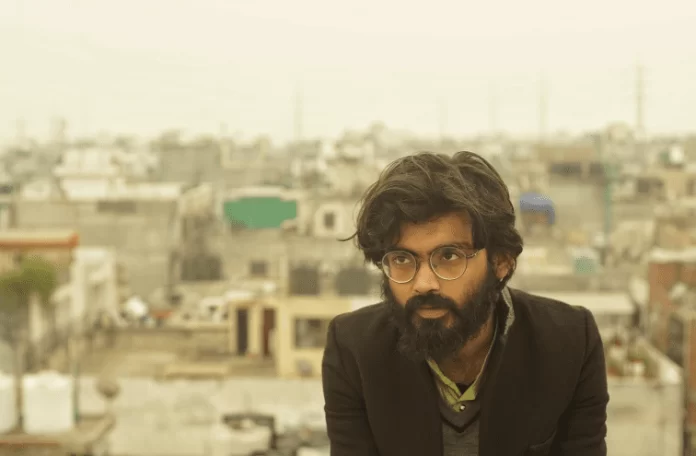11 Jun. 24: In a significant development, the Delhi High Court has granted bail to Sharjeel Imam, a prominent Muslim student activist, in connection with the 2020 Northeast Delhi riots case. The court’s decision comes after more than four years since Imam’s arrest, highlighting a pivotal moment in the legal proceedings surrounding the controversial case.
The High Court, led by Justice Suresh Kumar Kait, which granted bail to Imam on May 29, criticized in its recently uploaded order the trial court’s decision to deny bail to Imam, stating that there was no justifiable reason to withhold the relief. The court highlighted the importance of CrPC Section 436-A, emphasizing its role in preventing undue detention of undertrial prisoners unless there are compelling reasons to do so. Notably, the court underscored that the severity of the allegations alone cannot be sufficient grounds to deny bail.
Imam, who faced charges including sedition, promoting enmity, and making statements prejudicial to national integration, was accused by the prosecution of delivering inflammatory speeches at Jamia Millia Islamia and Aligarh Muslim University in December 2019. Despite the serious nature of the charges against him, Imam’s legal team argued that crucial witnesses were yet to be examined, and the trial could not proceed due to the Supreme Court’s directive regarding IPC section 124A.
The court’s decision to grant bail to Imam also addressed objections raised by the Delhi Police, who claimed that the delay in proceedings was solely attributable to Imam. The court rejected this assertion, signaling a departure from the prosecution’s narrative and affirming Imam’s right to a fair trial.
The ruling is expected to have far-reaching implications for the ongoing legal battle surrounding the Northeast Delhi riots case, with Imam’s supporters hailing it as a victory for justice and due process. However, it also reignites debates surrounding freedom of speech, sedition laws, and the use of anti-terror legislation in cases involving dissenting voices.
As Sharjeel Imam walks out of detention, the spotlight shifts to the broader implications of the High Court’s decision and the challenges that lie ahead in ensuring accountability and reconciliation in the aftermath of the Northeast Delhi riots.




